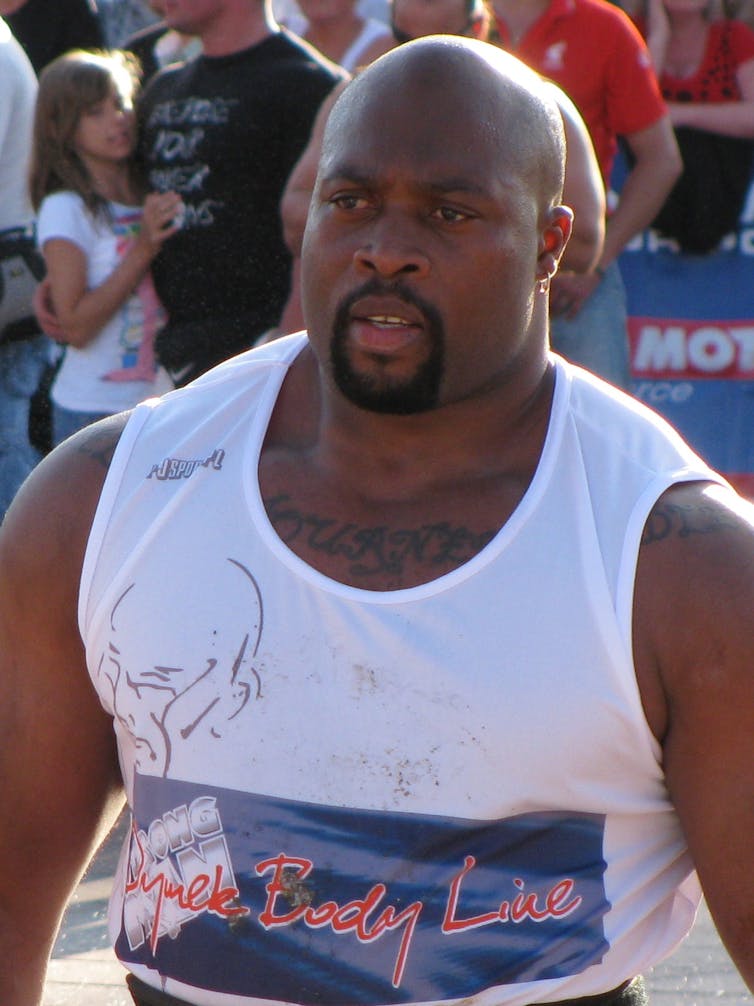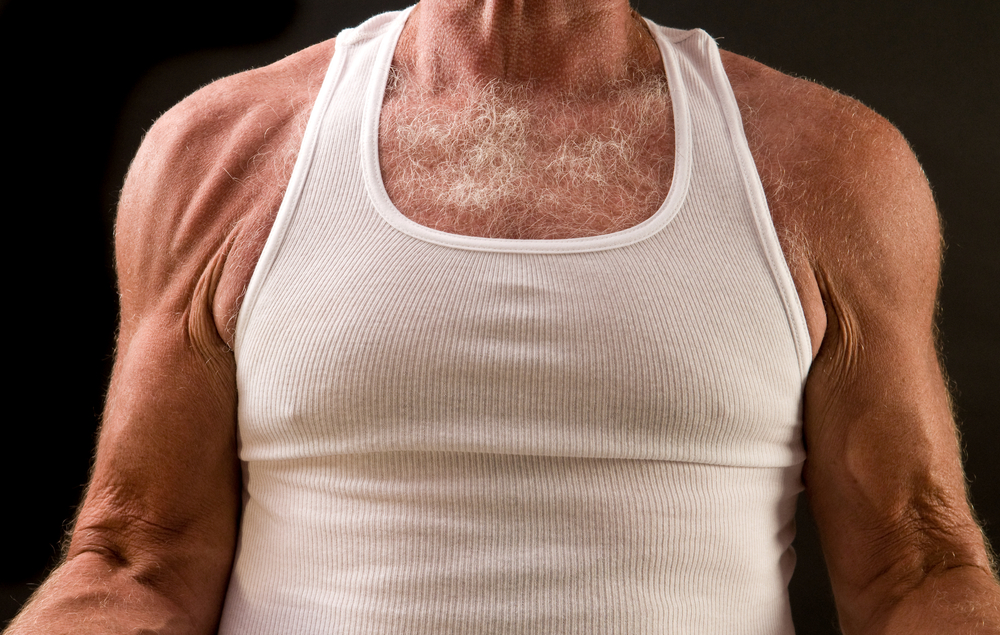Sometimes, older men seem to possess incredible strength for their age. People call it “old man strength”. But is it an actual phenomenon? Do older guys really retain their strength? Or even get stronger?
Some people think that old man strength can be explained by stress hormones. In stressful situations, people have been know to develop almost superhuman strength. For example, in 2009, Nick Harris of Kansas managed to lift a car to free a six-year-old child trapped beneath it.
In these types of situations, the body goes into fight-or-flight mode by releasing hormones such as adrenaline. These hormones prepare the body for action, increasing arousal, alertness and processing speed. They also increase blood flow and neural drive to skeletal muscles. Collectively, this response can culminate in greater muscle strength and power.
Reports of increases in the production of adrenaline-related hormones with ageing have been thought to explain the apparent ability of older men to perform freak feats of strength. However, there is no experimental data demonstrating that increased production of these hormones actually enhances strength in older adults. In fact, following a “stressor”, the ability for an older adult to maintain a controlled forceful muscle contraction is decreased compared with a younger person. Similarly, excess levels of the noradrenaline hormone that accompanies ageing are associated with impaired, rather than improved, processing speed and cognitive function, which negatively influences fine motor control.
Also countering the notion of old man strength is age-related muscle loss, a process termed sarcopenia (from the Greek sarx, “flesh” and penia, “poverty”). In other words, as we get older, starting from about the age of 40, we slowly lose muscle mass such that the size of our muscles at the age of 80 can be about half of what they were at 40.
Since muscle cross-sectional area and strength are closely linked, declining muscle mass associated with ageing is mirrored by a loss of strength. Hormonal changes with ageing are also partially responsible for this. Indeed, while adrenaline may increase with age, hormones positively regulating muscle mass and strength, such as testosterone and growth hormone, decrease.
So is old man strength a fallacy?
This does not mean that just because you are old you cannot remain strong or even become stronger. Take Charles Eugster, for example. The 96-year-old Englishman, who took up weight training at the age of 87, is able to do 61 45-degree chin-ups in 45 seconds.
Just becoming more active in older age and performing low-level exercise programmes or even everyday manual tasks can increase strength and mobility in the ageing population providing a healthy and independent older age. Indeed, this is probably what makes your dad appear stronger, for instance, when lifting paving slabs – because he is used to it and strength can be very task specific.
Performing regular weight training into older age also increases strength and muscle bulk. In fact, weight training in older adults has been shown to increase hormone levels to an equivalent level to that of untrained younger adults. But the fact remains that these gains will probably never reach those of a younger adult starting and performing the same training at the same time. There will almost always be a discrepancy in strength, power, coordination and muscle mass, all else being equal.
Media stories of old man strength probably don’t provide the full picture. An older man holding a strength record is likely to have been training since a young age and has continued this into older age, allowing him to maintain strength and muscle mass at a higher level for longer. Otherwise he may be a freak of nature.

Needless to say that most tales of old man strength are no doubt exaggerated. This is why you don’t see older people pitting against younger counterparts on an equal footing in athletics events and why we have age categories in athletic competitions: records tend to slide with age. There are of course, exceptions to every rule. A prime example of this is Mark Felix, who aged 50 is still able to compete with his considerably younger counterparts at the World Strongest Man competition.
Daniel J Wilkinson, Assistant Professor in Physiology and Biochemistry, University of Nottingham and Philip J Atherton, Professor of Clinical, Metabolic & Molecular Physiology, University of Nottingham
This article was originally published on The Conversation. Read the original article.
![]()

